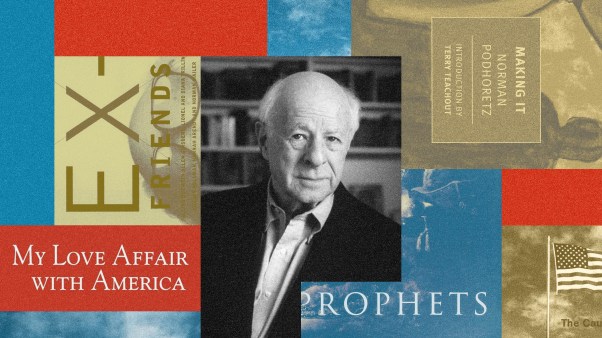August 7, 317: Constantius II, Son of Constantine the Great and Roman emperor from 337 to 361, is born. During his lifetime, he outlawed pagan sacrifice (see “The Emperor Strikes Back” in issue 57: The Conversion of Rome). But Constantius was also a devout Arian (a heresy his father had condemned at the Council of Nicea) and strongly opposed Athanasius (see issue 51: Heresy in the Early Church).
August 7, 1409: The Council of Pisa, convened by the cardinals to end the Great Schism that had divided Western Christendom since 1378, closes. The council deposed both warring popes as schismatics and heretics, and elected Alexander V. It didn’t end the schism (as there were now three warring popes), but it paved the way toward a solution at the Council of Constance in 1417 (see issue 68: Jan Hus).
August 7, 1560: The Scottish Parliament ratifies the Calvinistic “Scottish Confession,” which had been drawn up in four days principally by John Knox. The document remained the confessional standard until superseded by the Westminster Confession in 1647 (see issue 46: John Knox
August 7, 1771: Francis Asbury answers John Wesley’s call for volunteers to go to America as missionaries; he would become the father of American Methodism (see issue 45: Camp Meetings & Circuit Riders).








